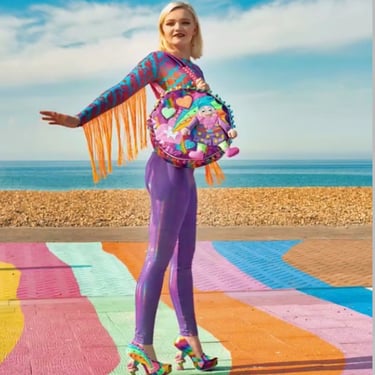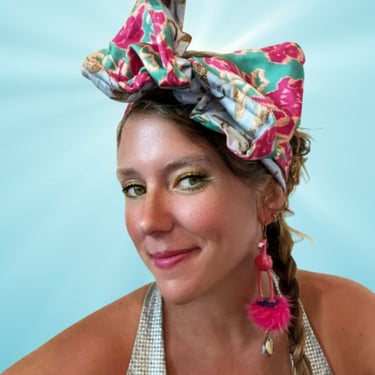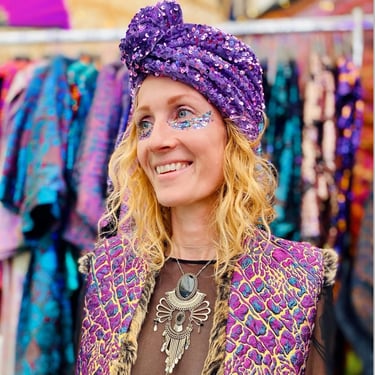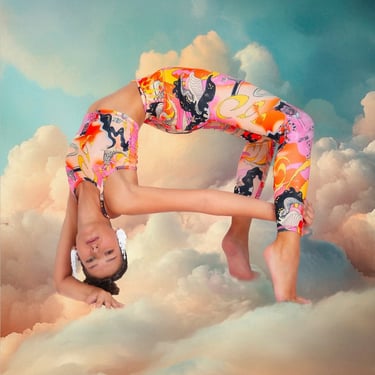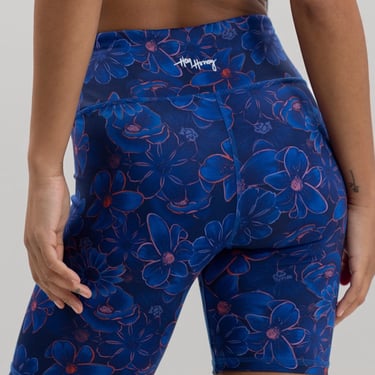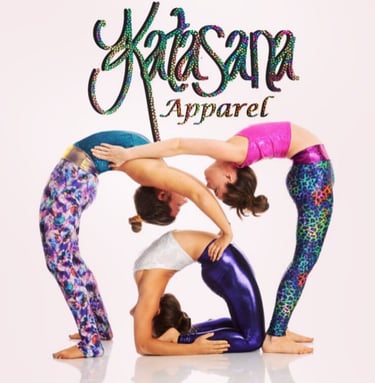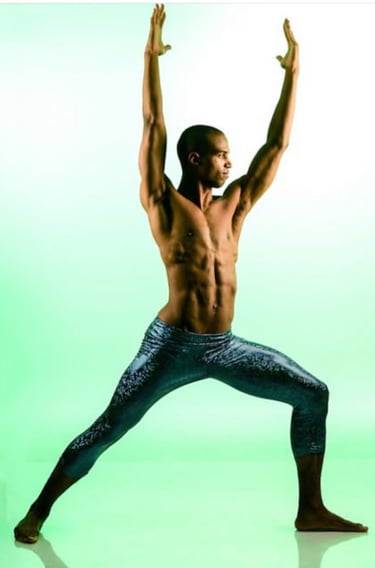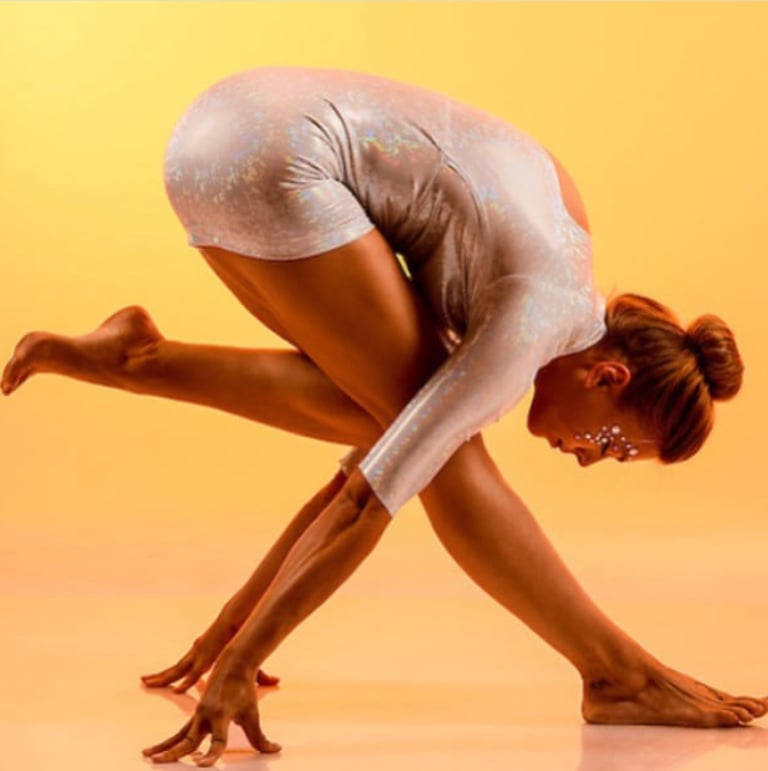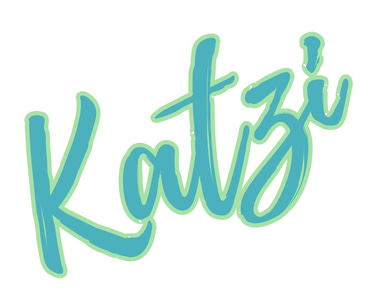Exciting news! The Modern Chakra Series & FREE Community Holistic Space is LIVE under Classes & Courses
France's Bold Legislation Against Fast Fashion: A Step Towards Sustainable Living
A heartfelt exploration of France’s new fast fashion law, blending personal stories, sharp wit, and spiritual wisdom. This post digs into the impact on brands, influencers, and consumers—encouraging conscious choices and a shift toward ethics and authenticity. Join the conversation on how small changes can spark a global revolution in fashion and beyond.
7/11/20259 min read
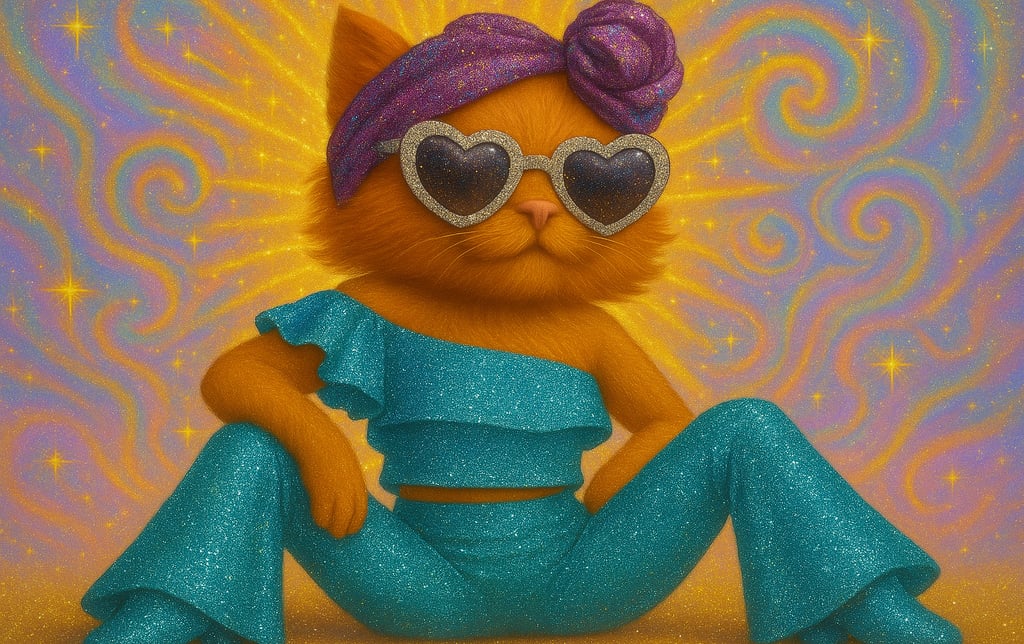

A Wake-Up Call for Ethical Fashion
Recently, France dropped a pretty big bombshell: a groundbreaking law to actively fight the impact of fast fashion. Think measures that penalize ultra-cheap brands and—cue dramatic music—ban influencers from shilling the stuff. It’s a bold, necessary move—kind of like giving the fashion world a stern wake-up call—because let’s be real, fashion has been running on cheap thrills and disposable trends for far too long.
So here you can expect that I'll give a lil story, sprinkle a lil sass, include some discounts to brands that I believe in (as I know retail therapy is REAL), and of course weave in the spiritual wisdom while breaking the news. Supporting ethical fashion is a journey, and just like digging through music to play the best DJ set, we too need to seep through the promotional blasts and find connection to what last.
But this law? It’s a reminder that real change starts from within. As I’ve learned through my spiritual practices—whether on the mat, in meditation, or simply in o.m.g. life—true transformation requires courage, inner work, and a willingness to look beyond the surface. It can be fun, I promise.
So, while this news might seem like big legislation and policy talk, I see it as a gentle (or not-so-gentle) nudge to all of us: to pause, reflect, and make conscious choices. Because when we embrace this shift—personally and collectively—we step into a space of growth, compassion, and authenticity. And isn’t that, after all, the real fashion revolution?
Before I found my way into chanting mantras in temples and DJing beachside sunsets, I went to school for fashion. I spent countless hours in the studio sewing, designing, and experimenting with shapes, fabrics, and big ideas. My motivation to create? Simply put — I couldn’t find what I wanted in stores. Fashion school feedback often sounded like, “This isn’t ready-to-wear.” And I’d say, “I’m ready to wear it right now. Let’s go to the party.”
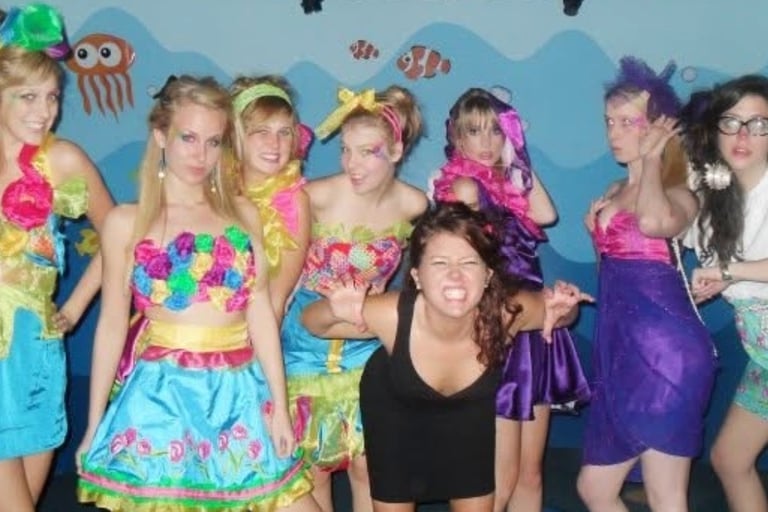

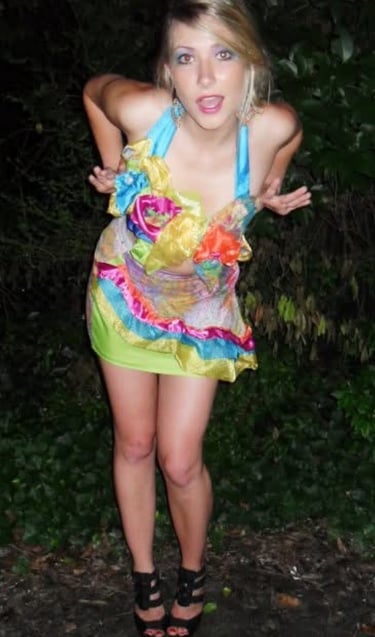



I later launched my own label in New York: Katasana Apparel. The idea was born during my first 200-hour yoga teacher training, held — very conveniently — in the same building as my first fashion internship with Alice & Trixie. Yes, yoga and fashion literally shared an elevator.
As you might imagine, doing intensive yoga every weekend quickly revealed a wardrobe gap. So, in true DIY fashion, I started making my own leggings. And if you’ve ever been to the New York fashion district, you’ll understand — floor-to-ceiling sparkle fabric in every color known to cosmic man. It’s basically Vegas for textiles. Add to that the classic NYC mentality of why not do absolutely everything at once when anything is possible, before long I was launching my own line with very little experience and just enough confidence to pretend I knew what I was doing, with the tagline of
Stay True to Your Inner Sparkly Self
I sourced sustainable fabrics, hired a small cut-and-sew team, and oversaw production to keep things fair trade and human-centered. The leggings sold for $85 in 2015— which made some people gasp and others swipe without question. Because no, they weren’t cheap. But they were ethical. Labor. Time. Skill. Paying people fairly. (Wild, I know.) And against all odds, it worked. I didn’t lose money, I had fun, and I walked away with a full mermaid wardrobe and a crash course in creative entrepreneurship.
That said, I’m not here to pretend I’ve always been perfect. I’ve shopped fast fashion. I’ve grabbed the $9 top. I’ve justified a casual swipe at Forever 21 (may she rest in polyester peace). Growing up in the U.S., it’s nearly impossible to avoid — overconsumption is baked into the American identity, wrapped in glittery plastic and sold on sale. We’re raised to chase “more” without asking, “why?” Given that many of our holidays are "made up" and revolve around consumption, this shouldn't be a surprise. Yet to be honest, I'm still down for Halloween, as in my perspective it's a day to honor your own creation.
But moving to Europe changed me. Here, I saw how people repair, reuse, rewear — and take pride in it. There’s an ingrained consciousness around consumption. A cultural pause before purchase. It showed me that sustainability isn’t about perfection — it’s about awareness. Intention.
Which is why this new law in France is such a big deal.
The passage of France’s groundbreaking law banning fast fashion and limiting influencer promotion is a pretty big deal—think of it as the fashion industry’s version of a moral wake-up call (plus, a little curb to the influencer chaos). It’s like the universe’s way of saying, “Hey, your choices actually have consequences.” Influencers—who are basically walking billboards with perfect lighting and a suspicious amount of free clothes—now face a reality check: no more pushing those $4 tops stitched under exploitative conditions. Instead, they can use their platforms to promote slow, sustainable style that actually cares about people and the planet. Imagine that.
As someone who’s supported brands with real hustle—experienced sleepless nights (behind a sewing machine, not always at the club), production delays, and the abundance of customer emails—I’m with you. Supporting ethical fashion isn’t just some virtue signal; it’s a tiny rebellion against an industry built on profit, not morals. Every purchase, or even just a like, is a vote. Because honestly, if your $9 top didn’t do anyone any favors—except maybe your Instagram aesthetic—it probably wasn’t worth it.
This shift is nudging us to invest in fewer, higher-quality pieces, and to shop vintage/second hand—think of it as a wardrobe detox with a side of sanity. An opportunity to pass on or swap clothing, so that your treasured pieces continue to live on forever. Focusing on quality over quantity isn’t just something we do in pilates, it's also good for the planet; AND good for your mental health—less clutter, fewer impulse buys, and more closet clarity. Even Steve Jobs only wore black turtle necks for simplicity, yet I'm not saying we have to ctrl+alt+delete our closets, as that would be highly hypocritical of me, yet this is an invitation to become more creative with what you do have, to invest in art pieces and how to cultivate style in reflection of YOU.
And here’s the real funny part: alongside these laws, we really need to have that “serious responsibility” conversation—especially with influencers and brands. Because if influencers actually used their platforms to support slow, ethical fashion instead of just chasing clout and recycling sponsored content like it’s a national pastime, they could actually be part of something meaningful. But no, instead, they’re probably terrified they’ll have to speak up about what really matters—or heaven forbid, show up in the same outfit twice. Gasp!
And hey, sweet influencers, I'm always with you--on the bright side, at least with fewer pieces that are quality, you can create all your content in one day. Maybe all this means less time spent documenting every new item and more time just being present in reality. Imagine that—actually living in the moment instead of posting about it. Now that’s a revolutionary concept.
This law isn’t just about rules; it’s a prompt for all of us to be a little more conscious—like, maybe think twice before clicking “buy”. When we choose fewer, more meaningful pieces, we’re not just dressing ourselves—we’re embodying a movement toward a fairer, more sustainable future. The impact starts now, one sassily curated outfit at a time.
Yet, what does this new law mean for fast fashion brands? It’s more than just a regulation; it’s an unexpected opportunity—a chance for brands to pause, evaluate their ethics and values, and implement real internal change. Yes, doing the inner work takes courage—because it’s easier to stay surface level and keep ticking boxes—but I believe this law will spark a ripple effect. When brands are required to enforce new rights for their workers—imagine a future where employees can show up to work happy, respected, and fulfilled—that’s when real transformation begins. It’s not just about ethical labor practices; it’s about fostering a culture where people can show up as their best selves, which naturally leads to better products and honest stories to tell. This could be the start of a revolution—one where the fashion industry embraces true responsibility, and we, as consumers, support it with our wallet and our voice.
And this is where I invite you, the reader, to pause for a moment. Ask yourself:
👉 Where are my clothes coming from?
👉 What values am I wearing on my body every day?
👉 Is this something I’ll still love a year from now, or just something that fills a dopamine gap today?
We don’t have to be perfect — but it doesn't hurt to be conscious.
France is stepping up in a powerful way, probably because they have the energy to do so, seeing as they are maintaining peace with the world (perhaps something else we could integrate?!?) While we each live within different levels of accessibility or privilege, we all have the ability to shift our awareness. To buy less. Buy better. And support businesses that reflect the world we actually want to live in.
Not just in what we wear — but in how we show up, every single day.
Here's a sneak to some links below :)
While Katasana Apparel is no longer an active brand, its spirit lives on — tucked into a little corner of the internet under @KatSparklez_Fashion, a quiet time capsule from a wildly ambitious chapter of my life. It’s a reminder of what’s possible when creativity meets necessity, and when you just say yes — even if you have no clue what you’re doing (a recurring theme in my life, apparently).
These days, I’m not sewing leggings between yoga classes, but I still sit behind the sewing machine to create one of a kind pieces. I’m still drawn to style that tells a story — fashion with purpose, personality, and people behind it. I continue to support brands I believe in, not because they send me freebies, but because I know what it takes. I know the invisible hustle, the ethical decisions, the late nights. I know the heart.
So here’s to fewer impulse buys and more intentional closets. To wearing values, not just trends. To sparkle, soul, and sustainability — woven into every stitch.
And to the brands doing it right — I see you. I wear you. I thank you.
Let's continue the art of expanding consciously, and post your favorite brand in the comments!
Here's a list of some of my favorites that I have enjoyed collaborating with over the years.
Brands
Hey Honey: Woman owned, sustainable, german based: discount code
Pitaya Yoga: Woman owned, sustainable, European based: code PITAYA LOVES KATZI for 10%
Risk Gallery: Woman owned, sustainable, NYC: insta
L.O.M: Woman owned, sustainable, London: insta
Irregular Choice: Woman owned, sustainable, London: summer sale
Tukadu: Woman owned, sustainable, german based: insta
Moonlight Jewelry: Woman owned, sustainable, California insta
Blonde Masai: Woman owned, sustainable, Zanzibar insta use code Katzi10 for 10% off
Kuarashi: Woman owned, sustainable, Zanzibar//Amsterdam insta
The Other Gods: Partner owned, sustainable, Berlin insta
Nonsens: Partner Owned, sustainable, Amsterdam: code NONSENS10 for 10% off *keep in mind it's festival szn & requests are high
YouYou Bikinis: Woman owned, sustainable, Mexico: insta
To support a sense of union, when connecting with any of the above send love from me, Katzi as well. Naturally, be sure to absorb love from me to you as well.
Thank you for your time and reading so far, happy to hear about your favorite ethical brands, feedback, and opinions. Every tiny choice you make adds a ripple to this big, beautiful mess we call the world, so I’m grateful you’re here, not just for my words but for the effort to do better, be better, and maybe—just maybe—spark a little change. I believe in you. Keep shining, stay inspired, and remember: you’re part of something bigger—even if that includes the occasional fashion faux pas. Until next time, stay fabulous and keep shining bright.
XX
Katzi
